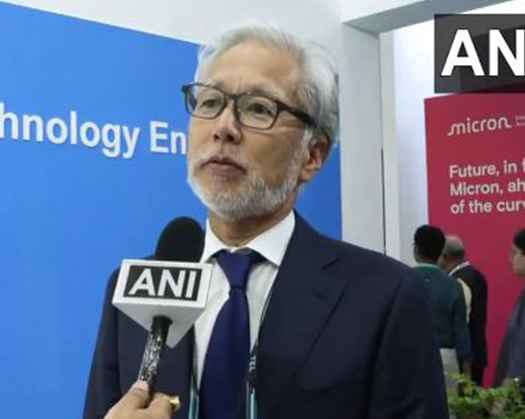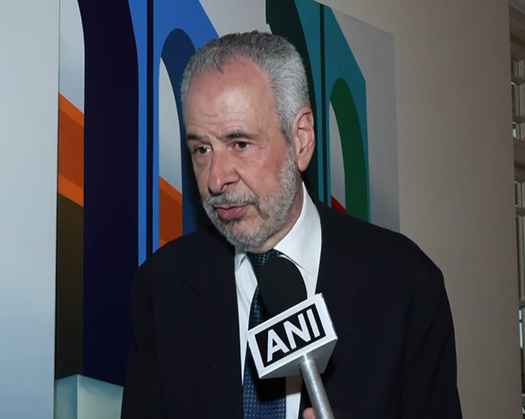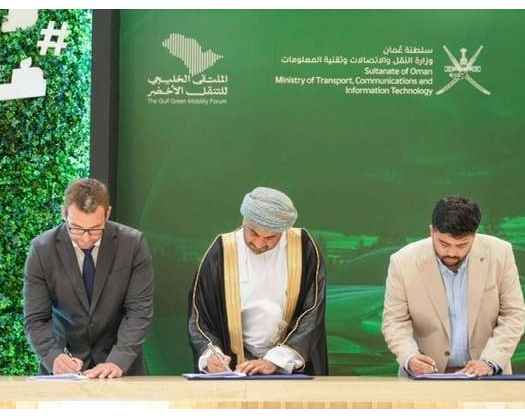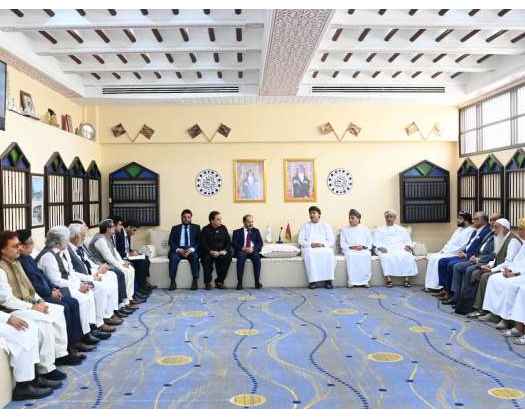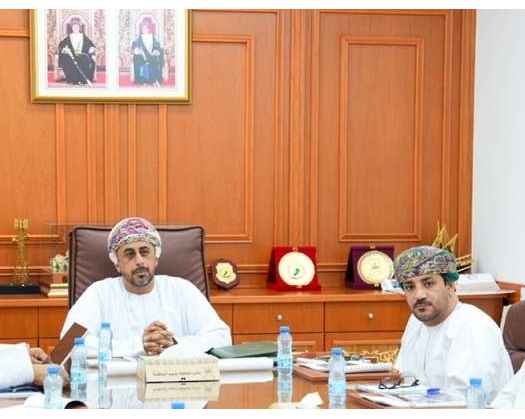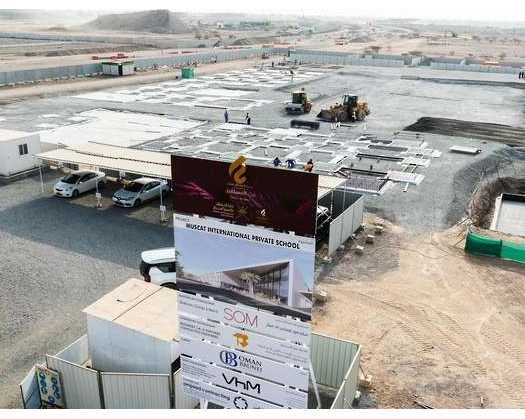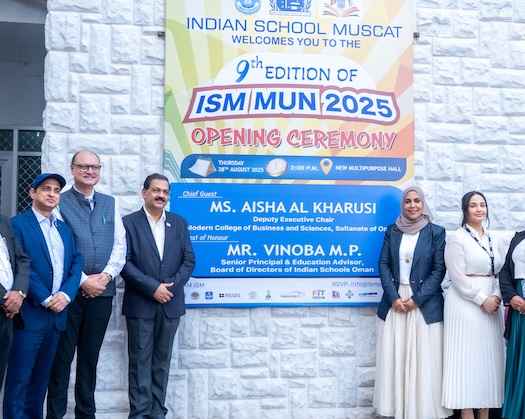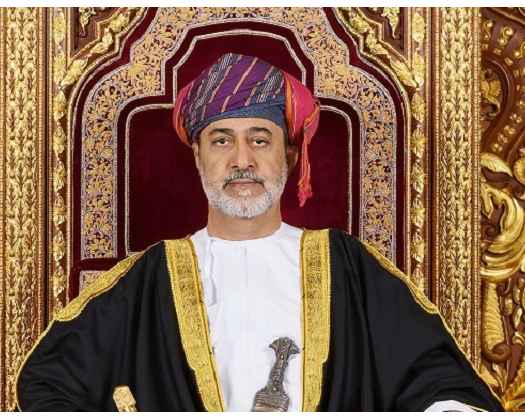New Delhi: Tokyo Electron Limited has shown strong confidence in India's semiconductor industry, planning to enhance its operations within the country.
During an interview with ANI at Semicon India 2025, Fumihiko "Ray" Kaminaga, Senior Vice President and General Manager, stated, "This is a significant opportunity. We recognize substantial potential... There is also robust backing from PM Modi and the Government. Therefore, I am optimistic that India will emerge as one of the leading semiconductor hubs globally..."
Discussing the company's future initiatives in India, Kaminaga mentioned, "We will establish an office in Bengaluru. Additionally, we are setting up stations in Ahmedabad and Dholera in Gujarat. We collaborate with local suppliers such as HCL and Tata Consultations. Consequently, we aim to offer more resources to local communities to deliver hardware and software solutions for us."
These comments followed the visit of Prime Minister Narendra Modi and Japanese PM Shigeru Ishiba to the Tokyo Electron factory on August 30, where they engaged with senior company officials, highlighting the strong bilateral support for India's semiconductor goals.
In a post on X, PM Modi shared, "PM Ishiba and I toured the Tokyo Electron Factory. We visited the Training Room, Production Innovation Lab, and interacted with the company's top officials. The semiconductor sector is a crucial area for India-Japan collaboration. Over the past few years, India has made significant progress in this field. Many young people are becoming involved as well. We aim to maintain this momentum moving forward."
Prime Minister Modi arrived in Sendai on Saturday morning to participate in the 15th India-Japan Annual Summit alongside PM Ishiba. He received a warm welcome from the local community and members of the Indian diaspora.
The semiconductor facility, situated near Sendai in Miyagi Prefecture, was being developed by Taiwan's Powerchip Semiconductor Manufacturing Corporation (PSMC) in partnership with SBI Holdings and Japanese collaborators through the joint venture Japan Semiconductor Manufacturing Company (JSMC).
Located in the Second Northern Sendai Central Industrial Park in Ohira Village, this plant marked one of Japan's most significant initiatives to rejuvenate its domestic chip-making sector.
Economic security served as a fundamental aspect of India-Japan cooperation, encompassing semiconductors, AI, critical minerals, and clean energy. For India, a deeper partnership in these areas offered access to cutting-edge technology, improved supply-chain resilience, and created investment opportunities, thereby strengthening the strategic alliance between the two countries.

